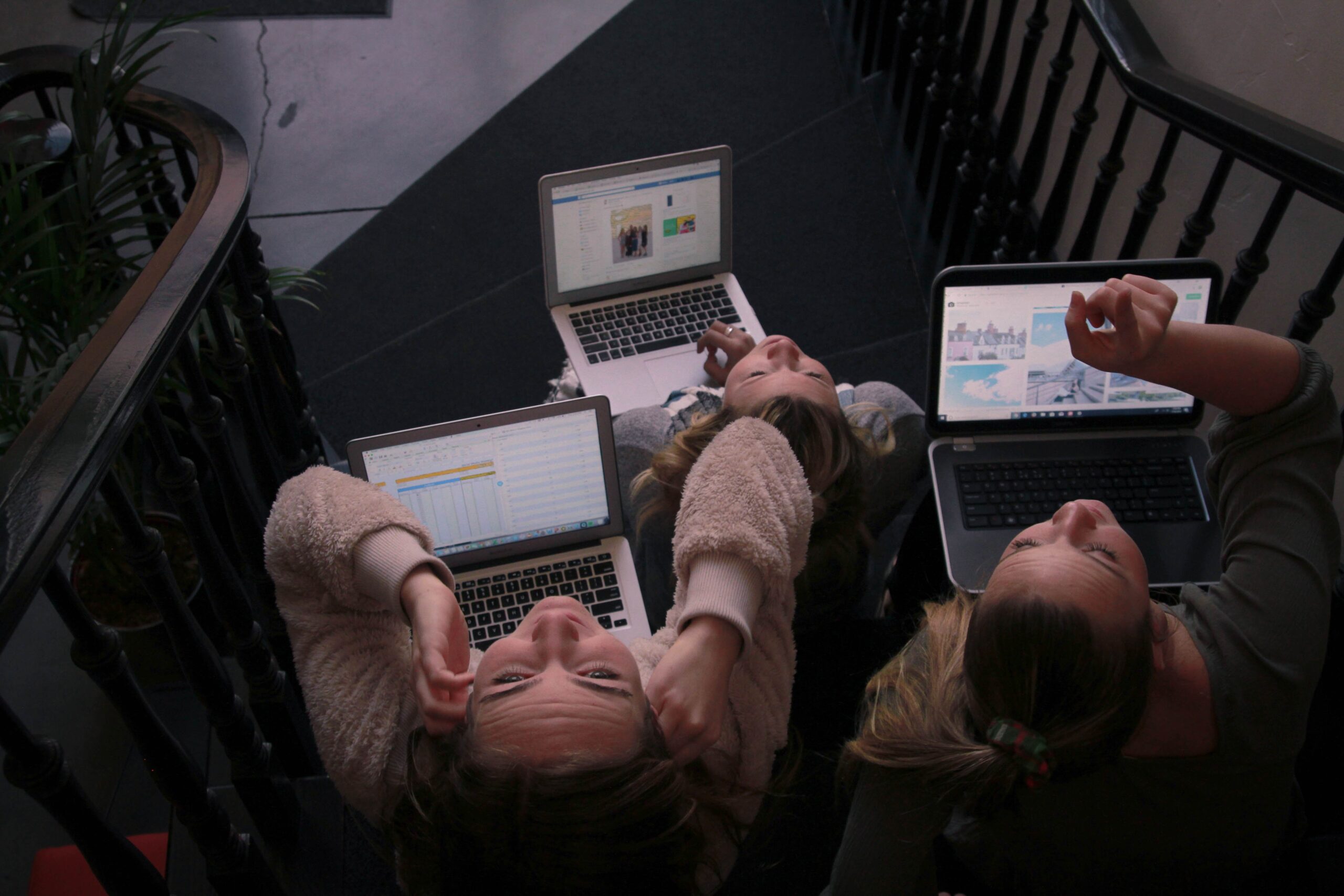Parental anxiety and addiction to screens influence children's addiction. In today's world, screens have taken on a dominant role in our lives. Televisions, smartphones, computers and tablets - we're constantly surrounded by these technological tools that make our lives easier, but can also present dangers. One of these dangers is screen addiction, a phenomenon that is affecting more and more people, adults and children alike. A scientific study (https://www.ncbi.nlm.nih.gov/pmc/articles/PMC9566204/) has shown that if parents are screen-dependent and anxious, their children are likely to become screen-dependent too.
It's important to understand the concept of screen addiction. It's not simply a matter of frequently using digital tools, but rather of developing a real addiction, to the point where the individual feels uncomfortable, even anxious, when they can't use these tools. This addiction can lead to a range of problems, from sleep disorders to more serious health problems, such as obesity or eyesight problems.
Parents play a crucial role in the development of this addiction in their children. Children are naturally inclined to imitate their parents' behavior. If parents spend a lot of time in front of screens, and seem anxious when they can't, it's highly likely that their children will adopt the same behavior.
What's more, a family where parents are addicted to screens is likely to be a family where communication is limited. In many cases, screens serve as a substitute for face-to-face communication. Children therefore grow up in an environment where the norm is to spend time in front of a screen rather than interacting with others. This can lead not only to screen addiction, but also to socialization problems.
In addition, anxious parents are often more likely to use screens as a means of entertaining or calming their children. In an attempt to manage their own anxiety, they may unconsciously encourage their children to use screens as a form of self-soothing. This can easily lead to long-term dependence.
Definition of anxiety:
Anxiety is an emotion often felt as unpleasant, corresponding to the more or less conscious expectation of a danger or problem to come. Anxiety is a normal phenomenon, present in all individuals. It can, however, take on an excessive, pathological character in different situations: we then speak of anxiety disorders.
Subjects suffering from anxiety disorders are overwhelmed by this feeling of discomfort or fear secondary to excessive anticipation of possible difficulties even before the problems have occurred, or even before the subject has pinpointed precisely what he or she is dreading.
Source : https://www.anxiete.fr/troubles-anxieux/trouble-anxieux-generalise/anxiete/
Psychiatrists sometimes refer to this as "fear without a purpose".
It's also essential to note that screens are not inherently bad. They can be valuable learning tools, and offer opportunities for entertainment and relaxation. However, as with anything, excessive use can be detrimental. So it's crucial to set clear limits and encourage a healthy, balanced use of screens.
In conclusion, screen addiction is a complex problem that is often the result of several factors, including parental behavior. It is therefore essential for parents to be aware of their own use of screens and the signals they are sending to their children. It's also crucial to promote healthy screen use and ensure that children have access to a variety of off-screen activities. By adopting a balanced and conscious approach to screen use, we can help prevent screen addiction in children and promote their overall well-being.
Reference :
https://www.ncbi.nlm.nih.gov/pmc/articles/PMC9566204/
https://www.anxiete.fr/troubles-anxieux/trouble-anxieux-generalise/anxiete/
